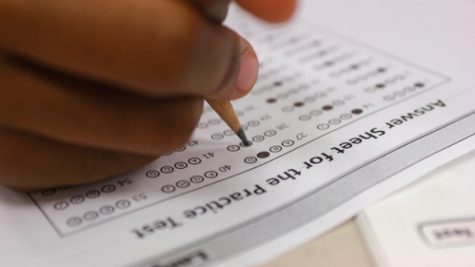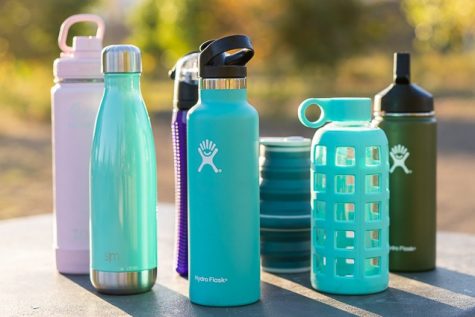AP Testing Tips
April 23, 2019

Advanced Placement is a program that offers college level curriculum to high school students. Taking AP classes is appealing to many students because several colleges and universities offer credit to students who achieve high scores on the exams. It is no secret that AP testing can be hard, but if you have done well in the course itself, you are probably on a good path. With AP tests just around the corner, here are some tips to help you succeed.
Start Studying Early:
By studying throughout the year, the student has more time to cover more material without having to rush through any of it. Studying at least 10 minutes a day months in advance can make all the difference. Try to purchase a review book or check one out from the library and make use of the practice tests, free response skills, and multiple choice questions.
Flashcards:
Flashcards are helpful to use if you need to remember a lot of terms. Grab a pen and some flashcards and get to writing. Maybe even try this study method with a friend.
Take Advantage of Study Sessions:

Teachers often hold after school study sessions where they review basically anything the students want. Attend these and refresh your knowledge on some of the key topics. If your teacher is not holding a review session, try asking them questions of things you are not certain of. They are always there to help.
Participate in In-Class Practice Sessions:
This is especially crucial when it comes to the writing portion of the test. Participating in timed essays or multiple choice sections will allow you to improve on managing your limited time, which is one of the most crucial things on an AP test.
During the AP test itself…

Bring Light Snacks and Water:
If your test is in the morning, make sure to have a good breakfast. Still, because the tests are so lengthy, bring something to eat because you may become hungry. Doing so will keep you energized and keep you from having test fatigue.
Stay Focused:
Staying focused is another crucial aspect. Do not get distracted by the people walking around or the kid behind you who keeps sniffling. Try to block out what is happening around you and focus on getting your work done. After all, you only have a certain amount of time!
Keep Moving Forward:
It may be hard, but do not get caught up on questions you do not understand. Keep moving and come back if you can. It is better to get more done than to try to figure out a single question. Also, for essays and short answers, if you only vaguely remember the topics, dive into what you do know and elaborate. If you cannot remember certain names of events or people, describe what you mean in detail so the graders can recognize what you are trying to say.
Make Educated Guesses:
Being smart about the answers on the test is important. Eliminating answers before guessing is the best way to go. This can result in a better chance of choosing the right answers.
Annotate Prompts and Passages:
As you read crucial instructions or passages, be sure to write notes in the margins that summarize what you are reading so you do not have to go all the way through again. Also box, underline, and circle key aspects or vocabulary words you may not know. Many multiple choice questions often revolve around those types of things, especially when taking the AP Lang test, which in that case, also pay attention to stylistic choices of the author.
In the end, believing in yourself gives the best motivation to succeed. Take your time and stay calm through the process. You can do this.
